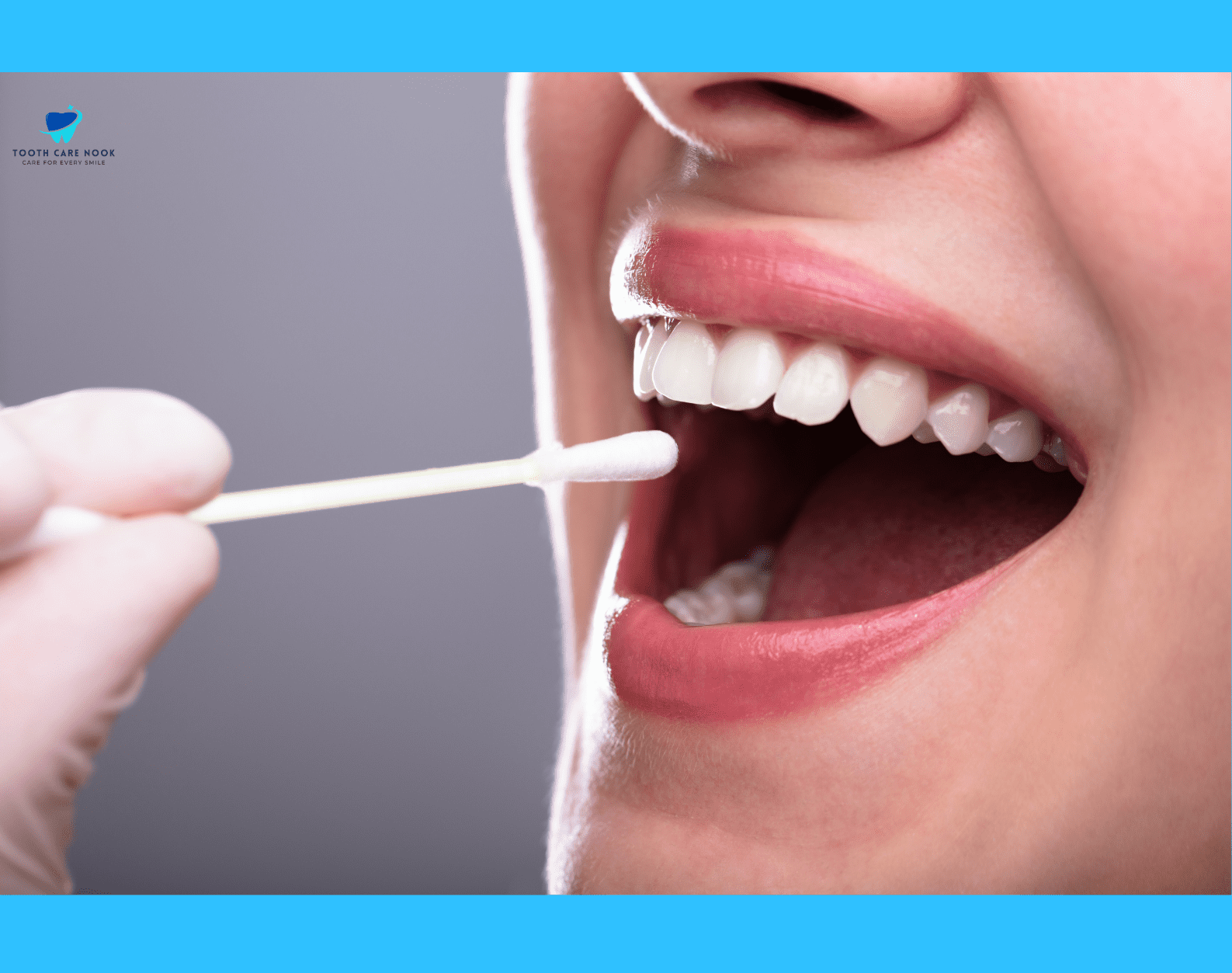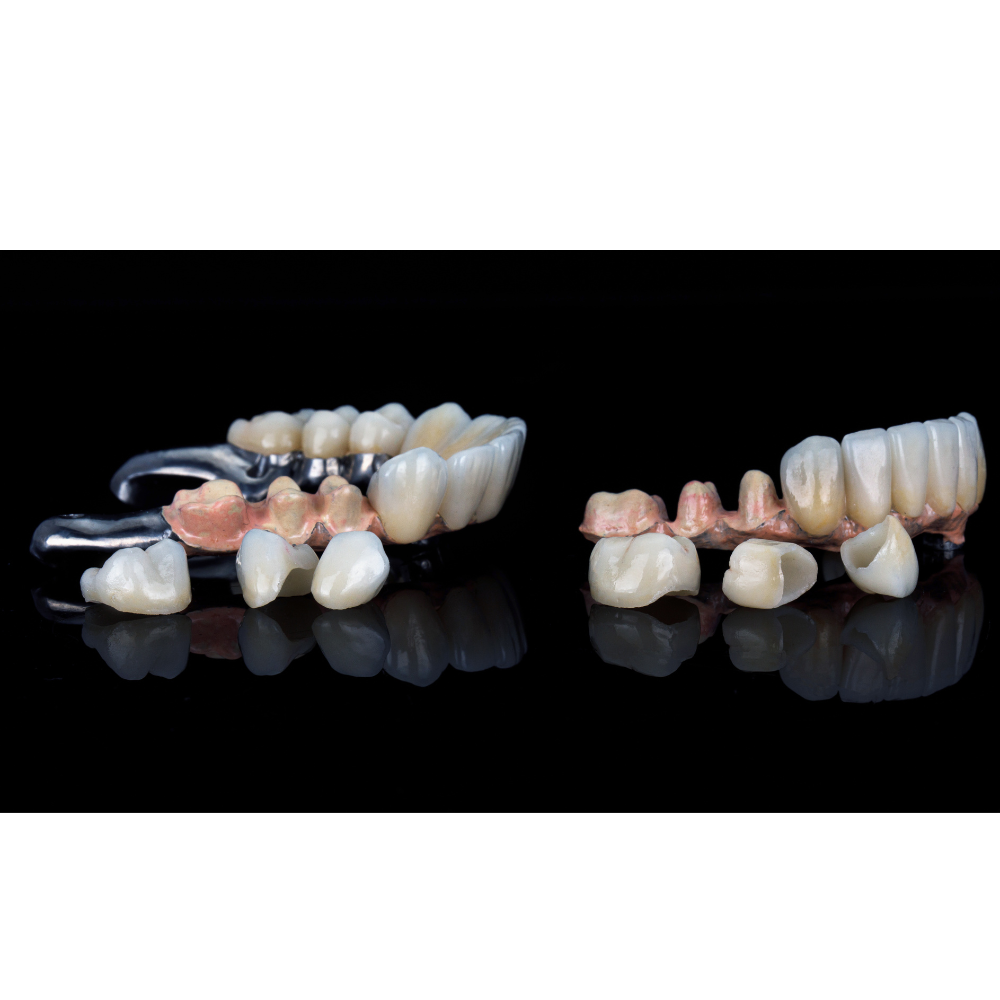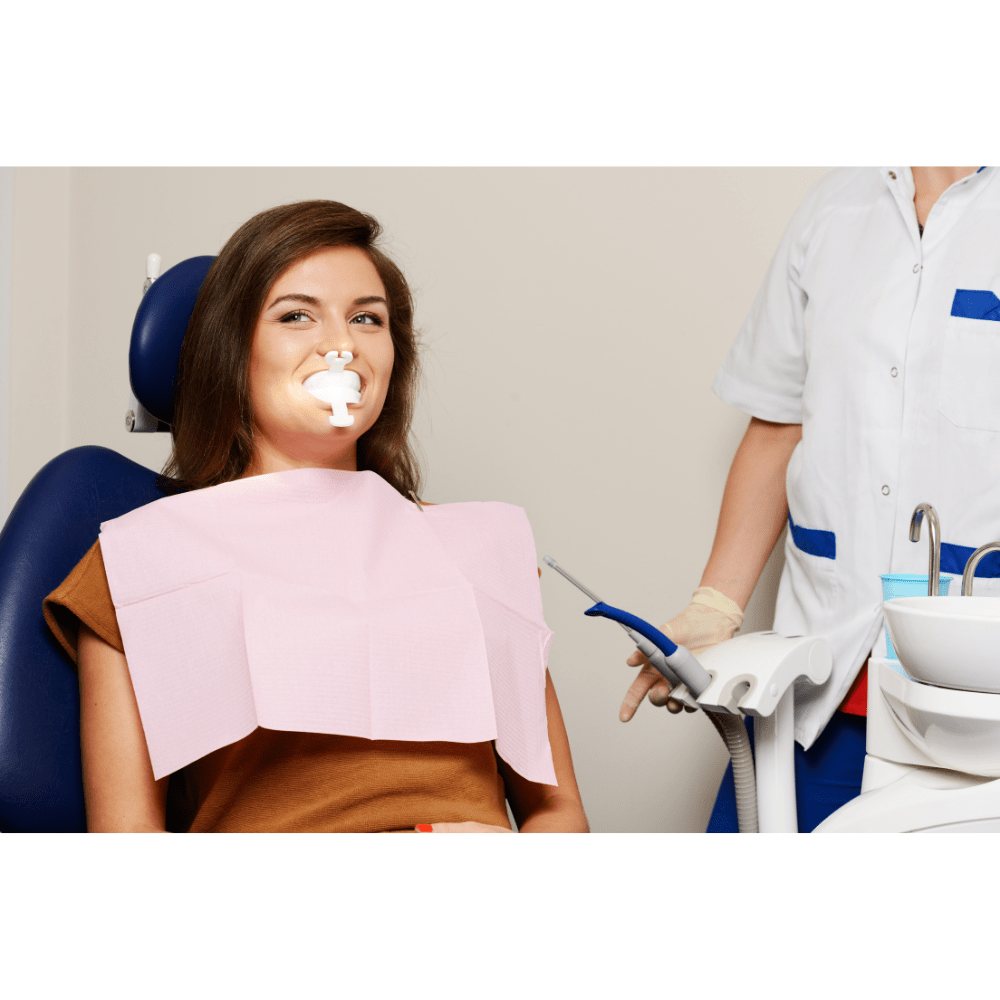Dry Mouth and Braces | Everything From Causes to the Solutions
Dealing with dry mouth and braces can be a common challenge for many individuals undergoing orthodontic treatment. For those with braces, it can present additional concerns due to the presence of brackets, wires, and other orthodontic appliances.
To maintain a healthy and comfortable smile for years to come, you should address dry mouth early. First, let’s learn what Xerostomia is.
What is Xerostomia
Xerostomia is a condition characterized by a decrease in saliva production. This reduction in saliva can lead to a variety of symptoms and complications. It includes difficulty in speaking, swallowing, and tasting, and an increased risk of dental decay and oral infections.
It is a manageable condition, and with appropriate care, individuals can minimize its impact on their daily lives. If you suspect you have a dry mouth, must consult a healthcare provider for proper diagnosis and treatment.
How Dry Mouth and Braces are Related?
Dry mouth and braces are related in several ways that can significantly impact oral health and the orthodontic treatment process. Here are the main points of how these two are interconnected:
- Wearing braces can sometimes cause discomfort, which might lead individuals to breathe through their mouths more frequently. Mouth breathing reduces saliva flow which leads to dry mouth.
- Braces can irritate the soft tissues inside the mouth, which may reduce saliva production as the body tries to protect these areas.
- The presence of braces makes maintaining oral hygiene more challenging. If not cleaned properly, the appliances and brackets can harbor bacteria, leading to an environment that might contribute to dry mouth.

What Causes Dry Mouth After Braces
Dry mouth after braces can be caused by the following factors:
Medications:
During orthodontic treatment, some individuals may take medications such as pain relievers or other prescription drugs that list dry mouth as a side effect.
Salivary Gland Damage or Changes:
Braces can sometimes affect the function of salivary glands, either through irritation or minor injury during the installation or adjustment of braces.
Oral Hygiene Products:
Using certain mouthwashes or toothpaste with strong ingredients during orthodontic treatment can contribute to dry mouth.
Stress and Anxiety:
The stress and anxiety associated with wearing and adjusting to braces can affect overall body function which includes saliva production.
Dietary Changes:
Changes in diet to accommodate braces, such as avoiding certain foods can impact saliva production and lead to dry mouth after braces.
How Dry Mouth With Braces Can Affect You?
The following are the ways by which dry mouth with braces can affect you:
Increased Risk of Tooth Decay:
Reduced saliva makes it harder to wash away food particles and neutralize acids, leading to more cavities.
Higher Chance of Gum Disease:
Less saliva can lead to plaque buildup, increasing the gum disease risk.
Discomfort and Sores:
A dry mouth can cause irritation and sores, making it uncomfortable to wear braces.
Bad Breath:
A dry mouth can lead to bad breath due to less saliva to clean the mouth.
Treatments For Dry Mouth Due to Dental Braces
Treatment of dry mouth due to dental braces involves the following specific strategies:
Stay Hydrated:
Drink plenty of water throughout the day to keep your mouth moist. Carry a water bottle and take frequent sips.
Use Saliva Substitutes:
Over-the-counter saliva substitutes like sprays, gels, or tablets can help keep your mouth moist and get rid of dry mouth after braces. Look for products labeled for dry mouth relief.
Adjust Diet:
Avoid caffeine, alcohol, and sugary or acidic foods and beverages, as they can contribute to dry mouth. Instead, consume hydrating foods like fruits and vegetables.
Humidify Your Environment:
Use a humidifier in your home, especially in your bedroom, to add moisture to the air, which can help keep your mouth from drying out overnight.

FAQs
How to Treat Dry Mouth From Invisalign?
Here are some easy tips to treat dry mouth from Invisalign:
- Sip on water throughout the day. Aim for more than the usual recommended amount, especially when wearing your aligners.
- Chewing sugar-free gum or sucking on sugar-free mints stimulates saliva production, easing dryness.
- Opt for alcohol-free mouthwash to keep your mouth hydrated without irritation.
- Remove your aligners when you can while eating or drinking. This gives your mouth a break.
- Clean your aligners regularly to prevent bacteria buildup which can worsen dry mouth.
- Consider using a humidifier at night, especially during dry seasons to add moisture to the air.
Do Braces Make Your Lips Dryer?
Yes, braces can make your lips dry. The brackets and wires can irritate and create minor obstructions. This leads to more mouth breathing, which reduces saliva flow and causes dryness in the lips.
Do Braces Affect Saliva?
Yes, braces can affect saliva production. They can irritate and increase mouth breathing, which can reduce saliva flow and lead to a dry mouth.
Do Braces Change Your Smile?
Yes, braces change your smile by gradually aligning and straightening your teeth. This results in a more even and aesthetically pleasing appearance.
Can Braces Cause Weight Gain?
No, braces don’t cause weight gain. However, traditional metal braces can influence eating habits which leads to consuming fewer calories and subsequent weight loss.
The discomfort or inconvenience of adjusting to braces may prompt individuals to opt for softer or smaller meals, while the need to remove Invisalign aligners before eating may discourage frequent snacking or overeating. However, any weight changes are primarily due to altered eating behaviors rather than a direct effect of the braces themselves.
Why does my retainer make my mouth dry?
Your retainer can make your mouth dry because it can affect saliva flow and distribution. Wearing a retainer changes how your mouth closes and can create areas where saliva does not flow as easily which leads to dryness. Also, if you tend to breathe more through your mouth when wearing a retainer, this can further reduce moisture and contribute to a dry mouth.



